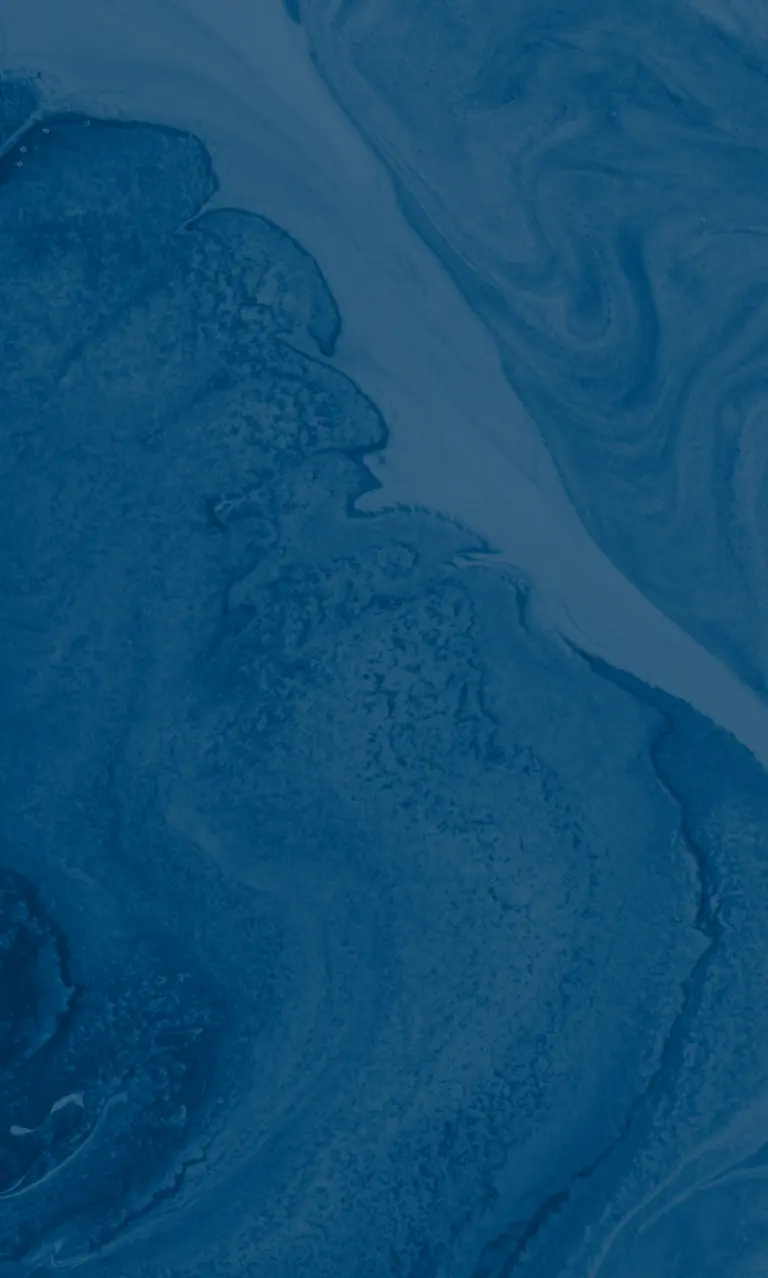Polhsar Intensifying radar monitoring to combat deliberate marine pollution more effectively
Daily instances of deliberate pollution of the seas by hydrocarbons in quantities far exceeding those of accidental pollution (such as the Amoco Cadiz, Erika and Prestige shipwrecks) pose a major environmental challenge. Current satellite and airborne monitoring methods are not sufficiently effective at detecting pollution on the surface of the open sea. Intensifying round-the-clock monitoring of coastal zones and the open ocean would make it easier to combat pollution and to penalise the polluters. The POLHSAR project aims to make spatial and airborne observation systems more effective.
Spatial systems have shown up to now that they are capable of monitoring accidental and deliberate pollution, in that they can provide extensive coverage of hundreds of thousands of square kilometres at a sweep, secure readings that are unaffected by meteorological conditions and gather a diverse range of information, such as pinpointing vessels in the area, assessing sea states and locating oil slicks. Satellite monitoring methods do however present one major drawback, namely the length of time that elapses between sweeps – a single satellite observation platform passes a particular location once every two days. It is against this background that POLHSAR will work to reduce the time elapsing between sweeps by increasing the operating range of the satellite's angle of incidence.
In addition, POLHSAR will improve the radar detection capacity of all planes equipped with traditional surveillance systems to increase the number of observation platforms and step up the monitoring. In operations to tackle accidental pollution, POLHSAR will make it possible to pinpoint and measure slicks and, thus, to assess the scale of the disaster, predict the movement of slicks, plan the deployment of coastal intervention measures and guide ships involved in the clean-up operation at sea.
By helping reduce pollution from global maritime transport through monitoring deliberate discharging of hydrocarbons at sea, POLHSAR will improve the environmental performance of maritime shipping around the world.
Partners
Entreprise
- Thales DMS, Brest [Porteur de projet]
- CLS, Brest
Centres de recherche
- IREENA, Nantes
Funders
- Agence Nationale de la Recherche
